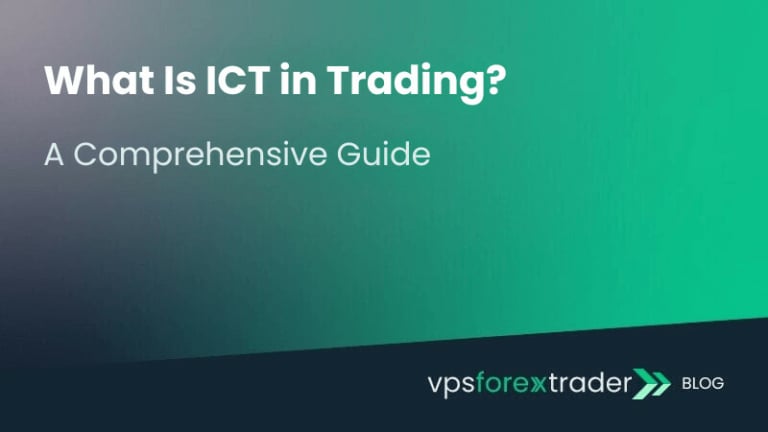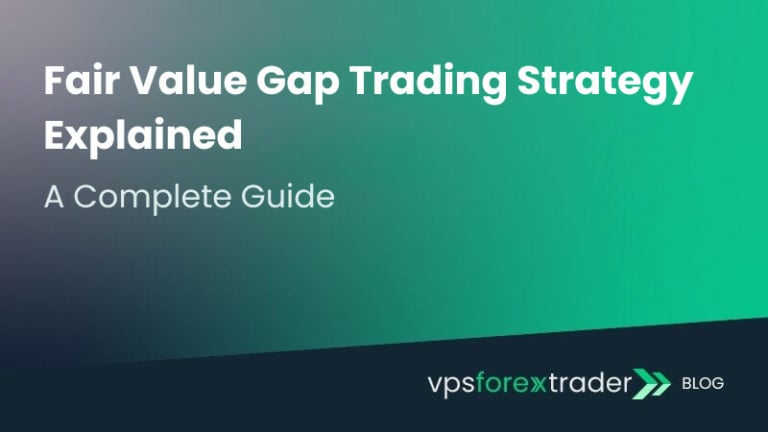When it comes to navigating the high-speed, high-stakes world of Forex trading, you’ve likely heard a thing or two about hosting your trading setup on an external server – either a VPS (Virtual Private Server) or a dedicated server. But what’s the difference between these two? And how do you know which one is the right fit for your needs?
These are the questions we’ll be answering in this article, helping you make a well-informed decision.
Understanding VPS and Dedicated Servers
First off, let’s get the basics down. A VPS, or Virtual Private Server, is essentially a shared space. It’s like having your virtual personal computer running on a powerful physical server, alongside other virtual servers, sharing the resources of that powerful server. But despite being in a shared environment, each VPS operates independently, like its own mini-server.
On the other hand, a dedicated server is, well, dedicated. It’s that same powerful physical server, but it is entirely devoted to a single user. All its power, all its resources, all its space – it’s all yours.
Think of it like this: A VPS is like having an apartment in a building. You’ve got your own private space and can do what you like inside it, but you’re sharing the overall building (the server) and its resources (like bandwidth) with other tenants. A dedicated server, however, is like owning the whole building. You’ve got full control over the entire space and all its resources. You’re the owner, with no noisy neighbors to worry about.
In the context of Forex trading, understanding these differences is crucial as it could significantly impact your trading performance. Let’s dive a bit deeper, shall we?
VPS vs Dedicated Servers: The Key Differences
So, what exactly sets a VPS and a dedicated server apart? The key differences can be broken down into three main areas: resources, performance, and costs.
- Resources: With a VPS, you’re sharing the server’s resources (like memory, CPU, and disk space) with other users. This could potentially lead to fluctuating performance during periods of high demand. In contrast, a dedicated server is all yours to use. No sharing means consistent performance because you don’t have to share its resources with anyone else.
- Performance: Speaking of performance, a dedicated server typically offers higher performance levels than a VPS. Since you have control of all the server’s resources, you’ll get faster trade execution and lower latency – two critical factors in Forex trading. On a VPS, performance levels can be great, but it depends on how resource-intensive your trading setup is and, in the case of cheap forex VPS, how resource intensive your neighbors’ activities are.
- Costs: The resource and performance differences reflect in the cost as well. A VPS is generally less expensive than a dedicated server, making it a popular choice for traders just starting or those with less complex strategies. However, a dedicated server, though pricier, can prove to be a worthwhile investment for larger-scale traders that employ complex trading strategies or manage multiple trading accounts.
For Forex traders, these differences carry weight. Your choice between a VPS and dedicated server could impact your trading speed, efficiency, and overall success.
VPS vs Dedicated Server: Which One to Choose?
Now let’s delve into the nitty-gritty. When might a VPS be the optimal choice, and when might you want to spring for a dedicated server? Let’s unpack some scenarios.
A VPS could be your go-to if you’re a relatively new trader, dabbling with a few trading accounts, and a handful of trades. Perhaps you’re using an Expert Advisor, but nothing that is highly resource-intensive. In such cases, a VPS can provide ample performance at a budget-friendly cost. Plus, it’s simpler to manage and comes with a support team ready to bail you out of any tech mishaps.
On the flip side, you might be a large-scale trader, handling a high volume of trades across multiple platforms. Or maybe you’re running resource-hungry software along with your trading platforms. Or, you could be employing complex trading strategies involving advanced indicators, expert advisors, or extensive backtesting. In any of these scenarios, a dedicated server’s superior resources and performance could significantly benefit you. Yes, it’s pricier, but at this level, the investment could well offset itself with improved trading results.
In short, your choice between a VPS and a dedicated server boils down to your specific needs – your trading volume, software requirements, and trading strategy complexity. It’s all about picking the tool that fits your trading journey the best.
Tips for Managing Your Server Resources
Maintaining the optimal performance of your server resources is key when running complex Forex strategies. Here are some practical tips to help you ensure your server remains in peak condition:
- Regular Monitoring: Keep track of your server’s CPU usage and available memory. Tools like Windows Task Manager or htop for Linux can provide real-time insights into your server’s performance.
- Resource Management: Be cautious about running too many resource-intensive applications concurrently. These can overload your server and hinder its performance. Prioritize essential applications and limit the usage of non-essential ones.
- Update Regularly: Ensure your server’s operating system and software are updated regularly. This will help you benefit from the latest performance enhancements and security patches.
- Consider Upgrading: If you consistently observe high CPU usage or low available memory, it may be a signal that your server is reaching its capacity. In such cases, consider upgrading your VPS to one with higher capacity to handle your growing needs.
Remember, a well-managed server forms the backbone of efficient and effective Forex trading.
Conclusion
The decision between a VPS and a dedicated server for Forex trading isn’t as complex as it might seem. Your choice really boils down to the nature of your trading strategy.
If you’re running simple strategies and need to maintain cost-effectiveness, a VPS is your go-to solution. On the other hand, if you’re handling advanced strategies with heavier resource demands, a dedicated server is your best bet.
Regardless of your choice, remember to match it to your specific trading needs and aspirations. Ready to explore your options? Check out VPSForexTrader.com for a range of high-quality Forex VPS and dedicated Forex server plans tailored for Forex trading. Happy trading!







